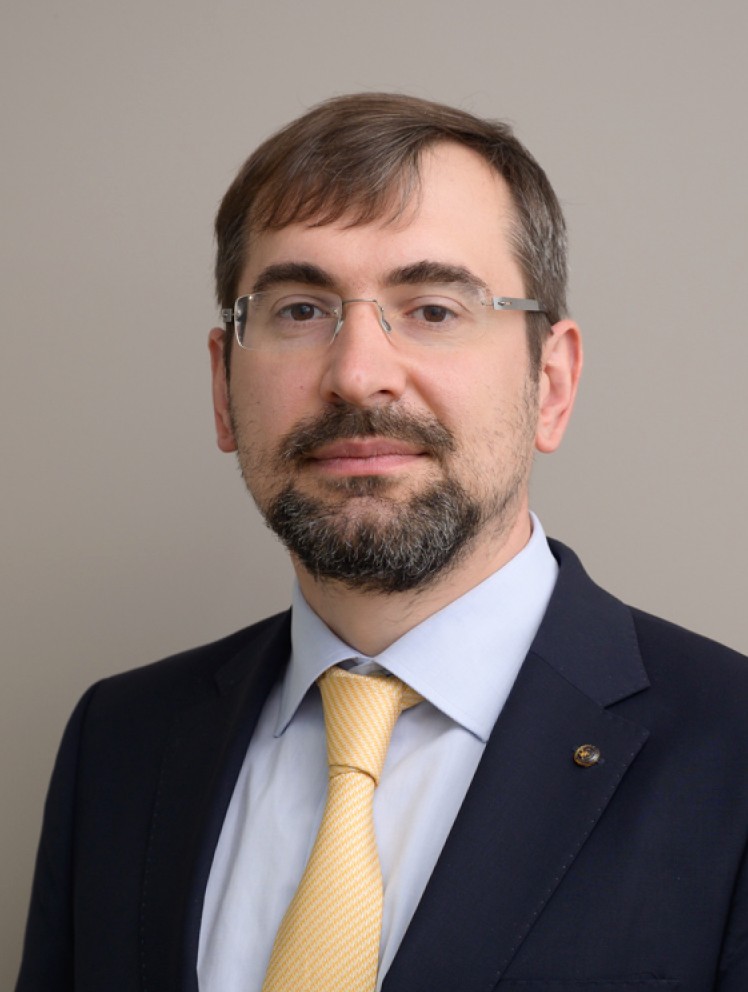Artur Zurabyan commented on the victory of Yukos Capital over Tomskneft in the arbitration court of the Tomsk Oblast
Since 2006, Yukos Capital has been suing Tomskneft, a subsidiary of Rosneft and Gazprom Neft, for RUB 7 billion in damages, even appealing to the arbitration courts of the Russian Federation. On 14 January, the arbitration court of the Tomsk Oblast registered the Yukos Capital S.a.r.l. claim to admit and enforce the decision of the Supreme Court of France on the litigation with Tomskneft.
Before 2007, Tomskneft was under the control of Yukos, but after Tomskneft went bankrupt, Rosneft purchased the firm, with 50 percent of the shares going to Gazprom Neft. In 2013, Tomskneft produced about 10 billion tons of oil, with its annual income was RUB 112 billion. Since 2006, Yukos Capital has been attempting to recover more than RUB 7 billion from Tomskneft. That includes a loan for RUB 4.3 billion that Tomskneft received from Yukos in 2004, in addition to penalties and percentages. In February 2007, the Arbitration Court of the International Chamber of Commerce decided in favor of Yukos and obliged Tomskneft to pay a penalty. The Russian Courts refused to issue an enforcement order. In July 2010, Yukos appealed to the Court of First Instance of France, which met its demand to implement the decision of the International Chamber of Commerce. In 2011, Tomskneft, in turn, took the matter to the appeals court in Paris, which ruled in favor of Tomskneft.
Finally, on 5 November 2014, the Supreme Court of France ruled against the Paris appeals court in favor of Yukos Capital. Moreover, it gave the French authorities to enforce the decision. The French Supreme Court resolved that the parties should return to the positions that existed before the appellate court’s decision. Therefore, the first instance decree is in force.
“Since the Russian court previously refused to enforce the court decision on the Tomskneft case, it is impossible that it will do so now,” stated Artur Zurabyan, the head of International Arbitration and Dispute Resolution Practice for the ART DE LEX Law Firm. There are two possibilities: Yukos may reconsider the case with newly discovered facts or the Tomsk Court may present an inquiry to the French court, for example, asking for documents related to the case. Either way, according to Mr. Zurabyan, Yukos still has the opportunity to begin recovering assets from Tomskneft in France.
Former top managers of Yukos accused Yuganskneftegaz and Samaraneftegaz, which once were “daughters” of Yukos and now are subsidiaries of Rosneft, of defaulting on loans. Rosneft eventually paid the Yuganskneftegaz debt to Yukos, but the Samaraneftegaz debt of USD 185.9 billion still is outstanding. In October 2013, the New York district court decided with the United States International Chamber of Commerce and obliged Samaraneftegaz to pay its debt. Nevertheless, last year, the Arbitration Court of the Samara Oblast prohibited Samaraneftegaz from adhering to the court’s decision. According the Samara court, Russian companies should not follow the decision of US courts because there are no agreements between Russia and the United States on the mutual recognition of decisions in civil cases.
